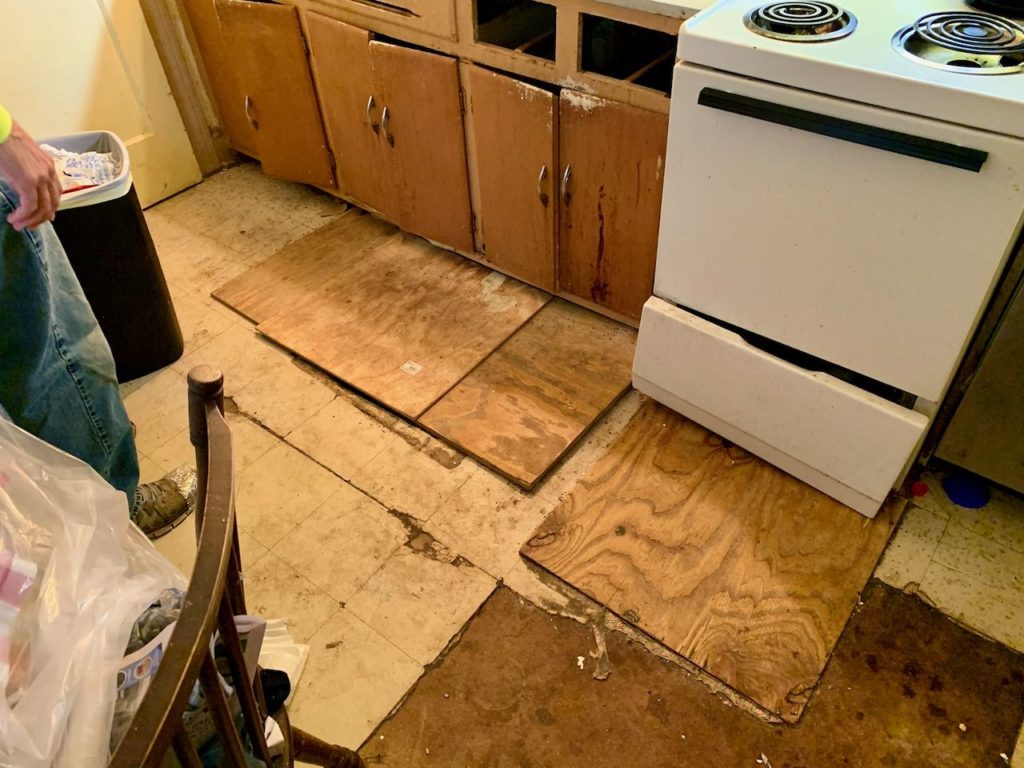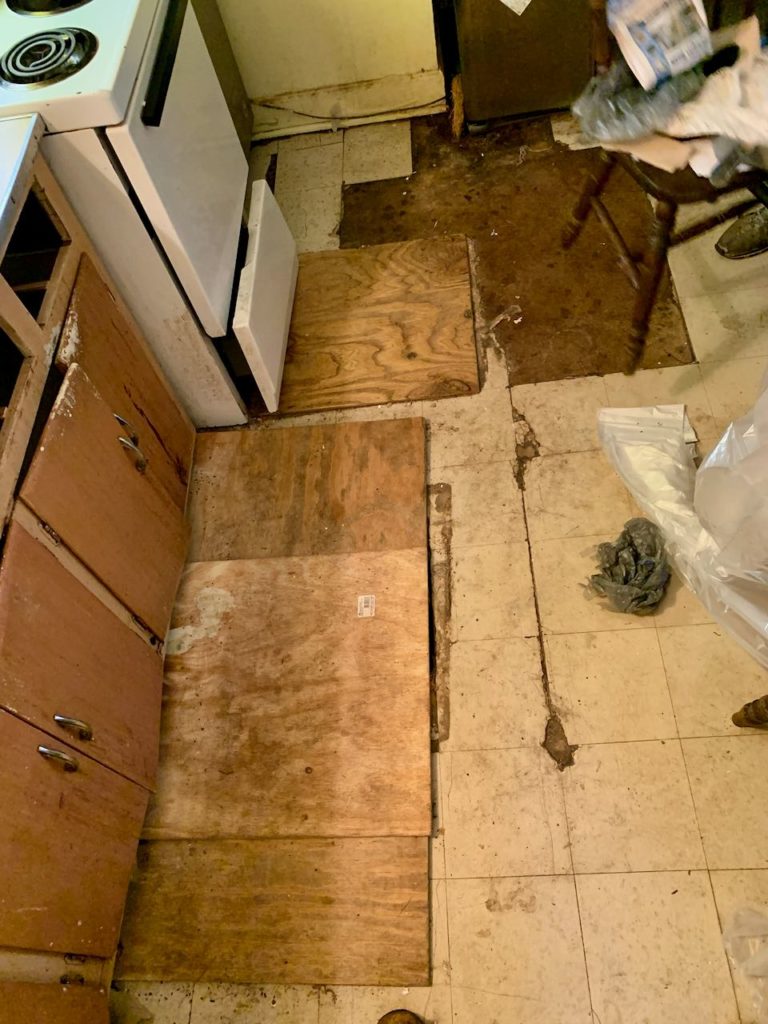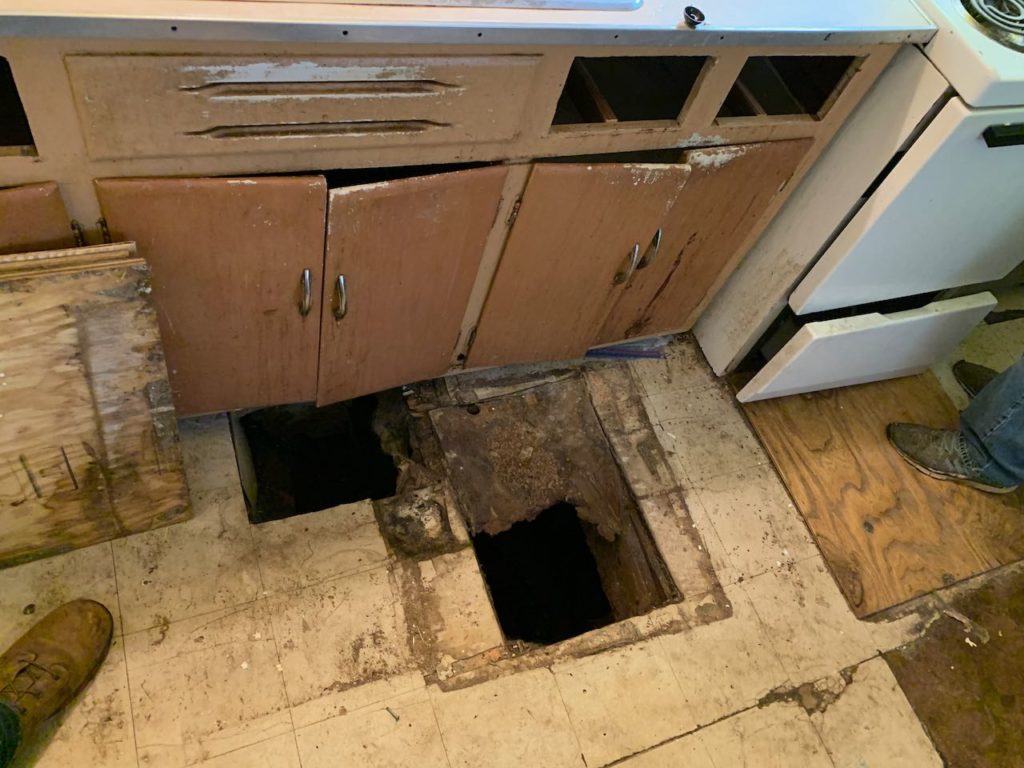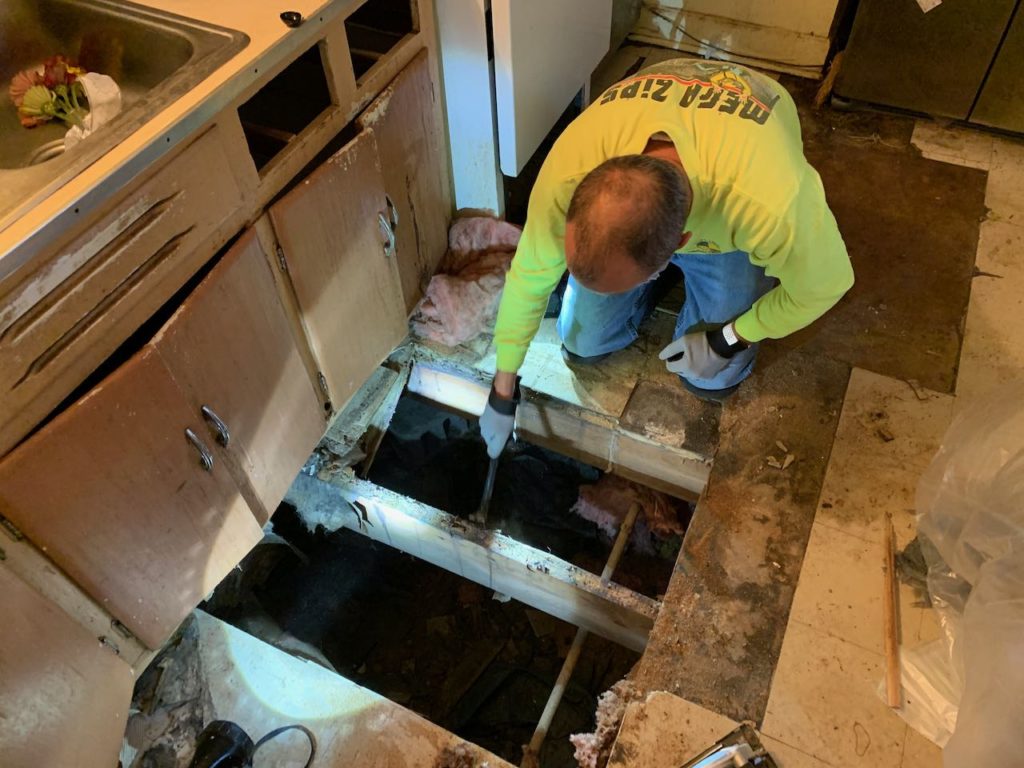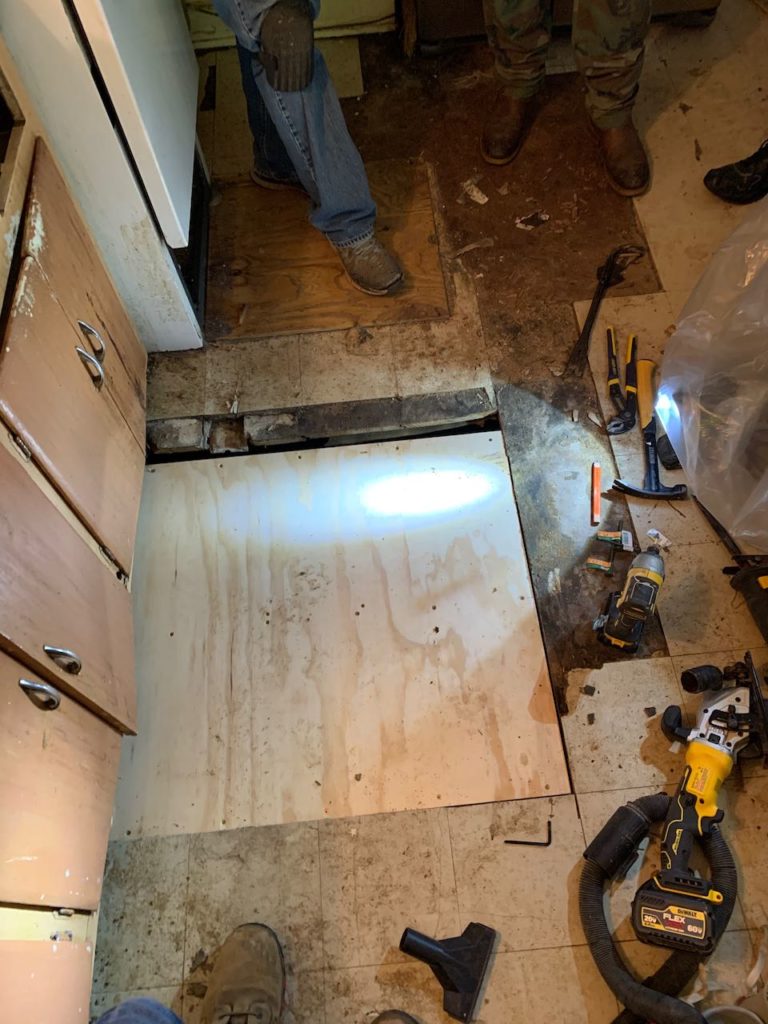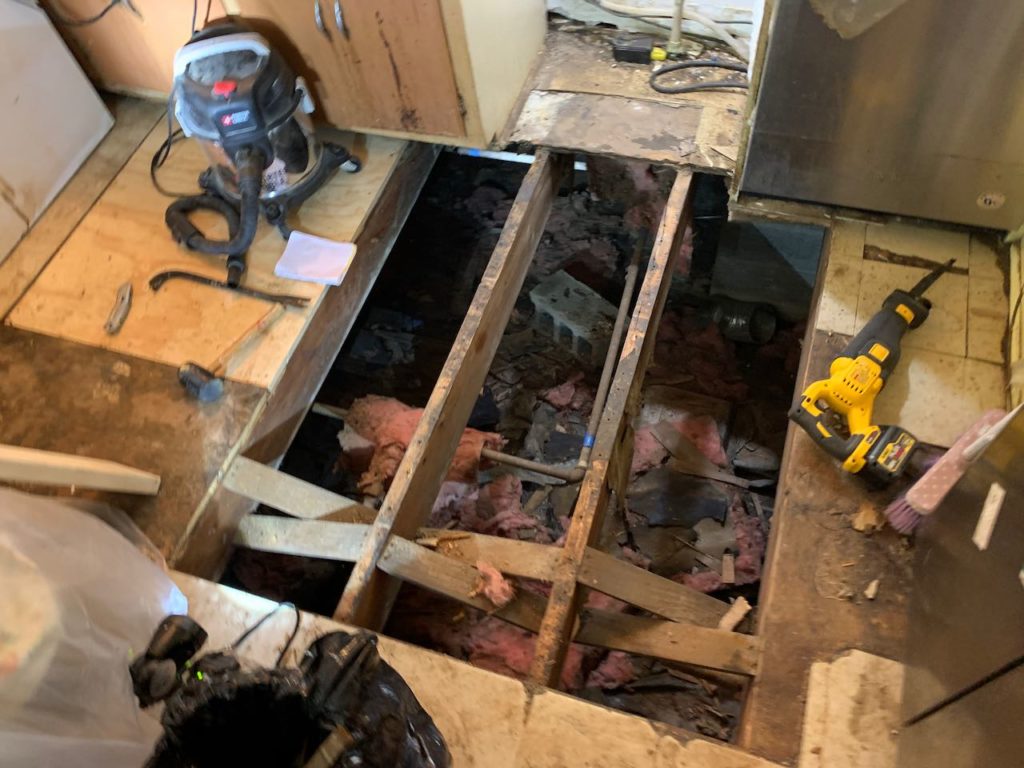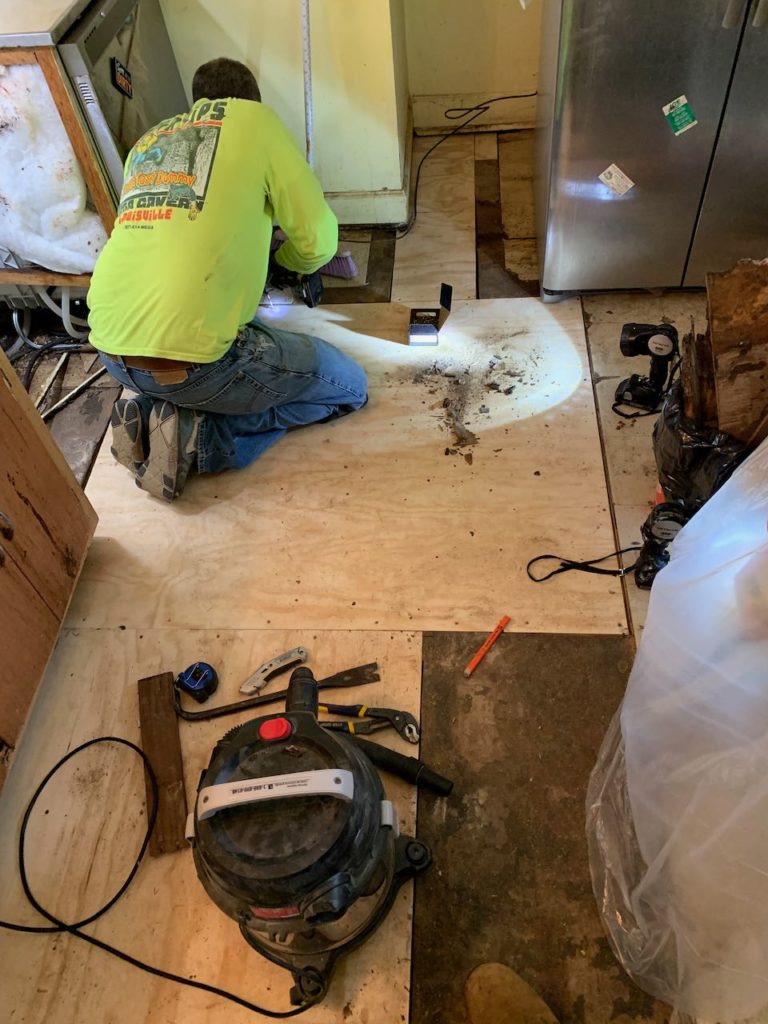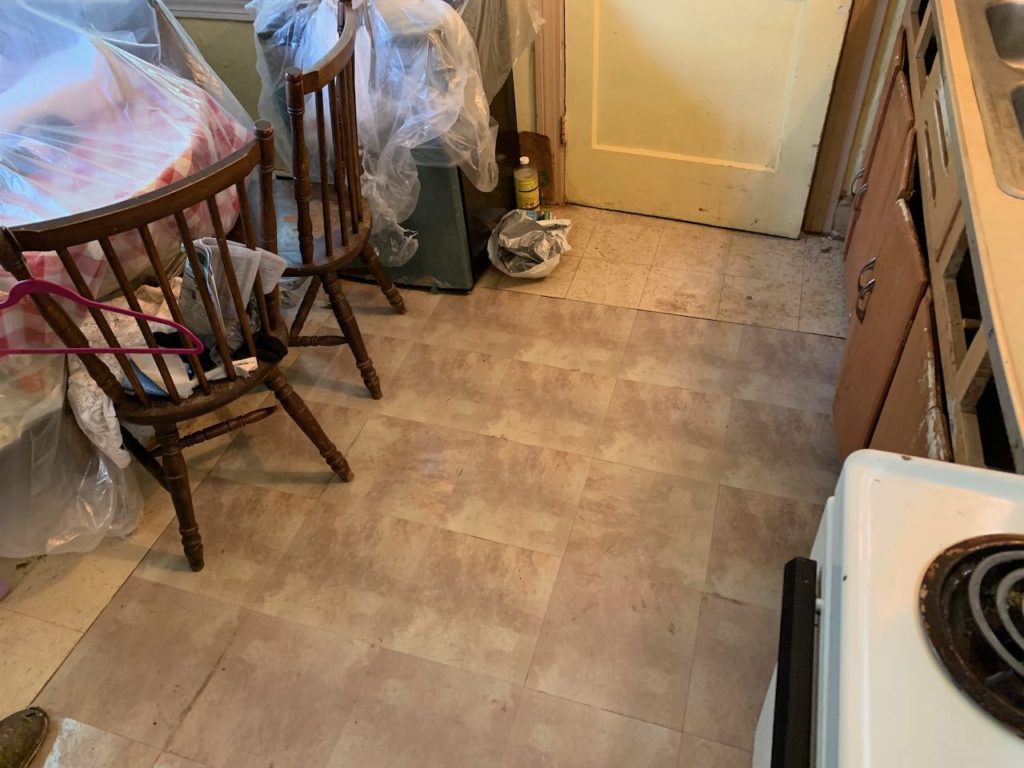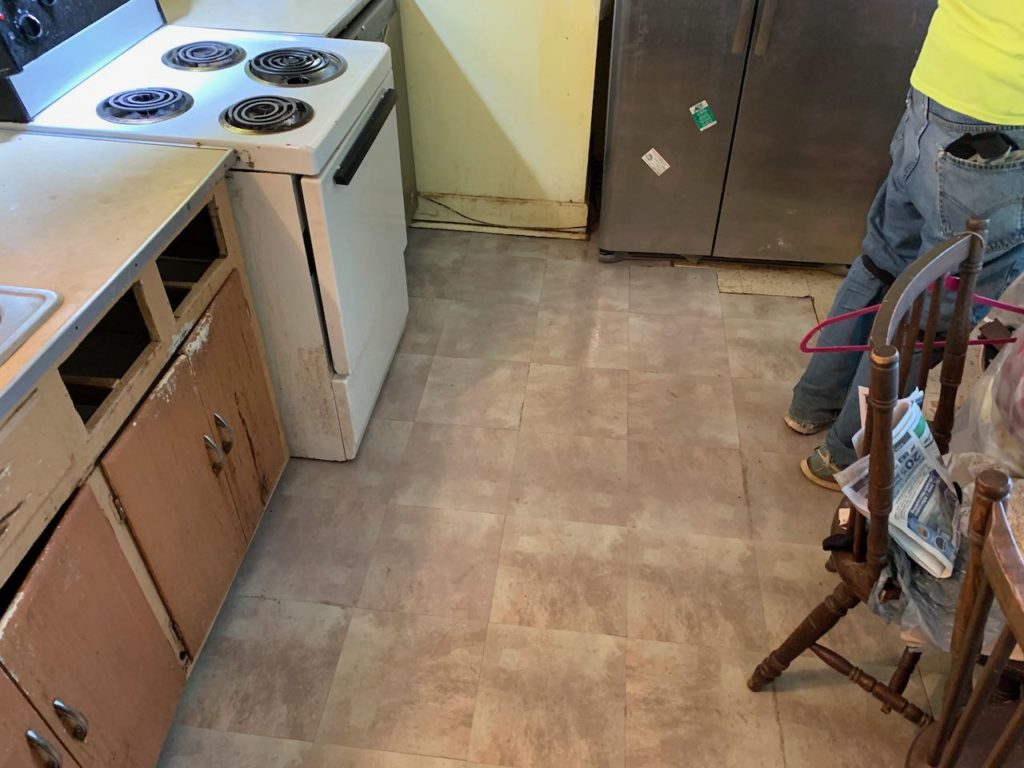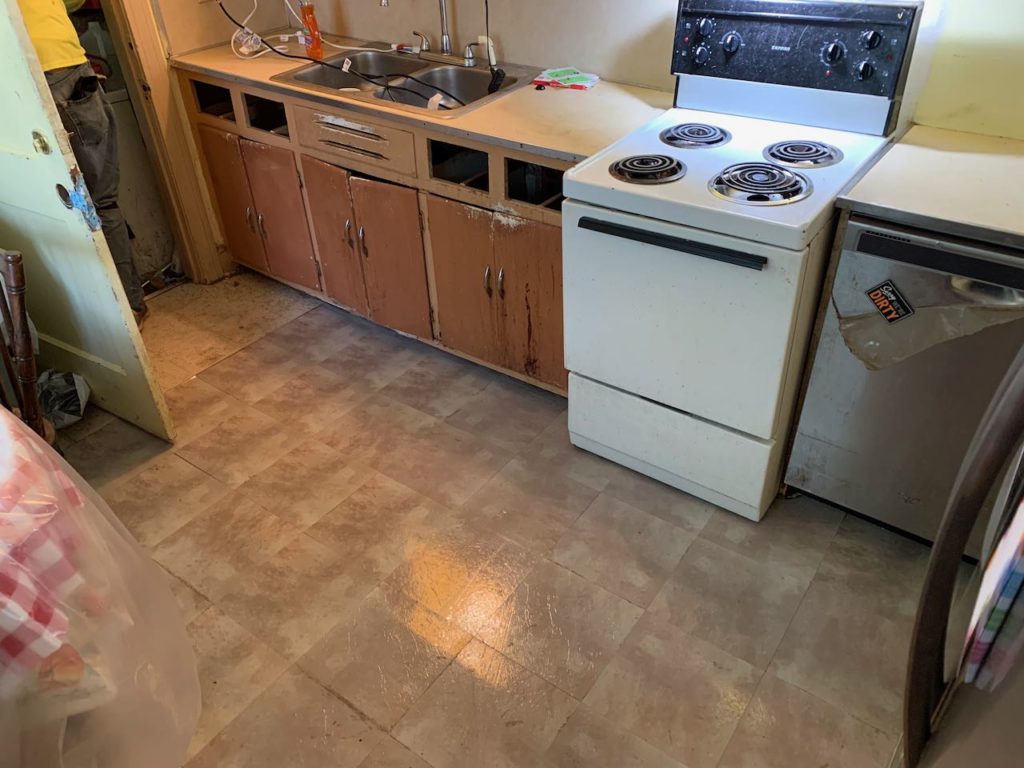Listening to the Spirit
2024 brought a lot with it. The steadfast love of the Lord never fails, and he proves that out to again and again. I’ve had a lot of good changes. At the same time, I have been faced with some significant challenges. These challenges aren’t new; I just had hoped that they wouldn’t show up again. I have found myself more confident in my values and convictions, yet at the same time they seem to be at war with the challenges before me. For the last several months, I have felt a gentle nudge which is growing ever stronger. The Spirit is prompting me into boldness. It’s a scary thought. Boldness is often in direct competition with my peace keeping tendencies. I don’t want to rock the boat.
I’ve been in observation mode the last few months. Actually it’s been more like decades. That’s my default position. I’ve been at this place often where words are bubbling up inside me, but I lack the capacity to put them out there. Or maybe it’s a lack of courage. Hence the need to be bold. Anything I could say has already been said by someone else and probably in a better way. I’ve been accustomed to not having a voice. Though I now know I have the freedom and capability to speak and participate in my own life and in the world, those muscles have been long atrophied. So when I use them, pain and exhaustion follow. Maybe you can relate?
Change is hard. Our brains and bodies are committed to the status quo and seek homeostasis even when it’s not good for us. From a neurological perspective, for real and lasting change to occur, we must make new connections in order to form new neural pathways. This doesn’t happen overnight. Commitment to something different takes a lot of work and intentionality, and it is often a slow and rocky path. This is especially true for a trauma survivor. The trauma takes hold and weighs down making change and action feel impossible. And when you’ve been fed a lie for years or decades, stepping into truth can feel like a betrayal of sorts. I witness this often in conversations with survivors and I see this in myself.
I firmly believe that trauma is a tool of the enemy. We are told that he roams around like a roaring lion (I Pt. 5:8) seeking to kill, steal, and destroy (John 10:10). This is in contrast to the abundant life that Jesus came to give. Trauma is a thief stealing from those who suffer. Reclamation of voice, choice, and agency is a monumental task and not everyone gets there. For those that do, it is worth it, but I think many live in fear, or even the expectation, that those things will be taken away again.
I’ve been watching, observing, and grieving. I have spent years observing as grievous deeds and coverups have come to light in my own denomination. I’ve listened as people have said that dealing with it is a threat to the Gospel. How backwards! And how small and powerless is your gospel if it is threatened by caring for the wounded and the vulnerable. I have observed as promises for justice have been made but very little has come to fruition. Maybe I should be more patient. After all, change is slow and hard. But Jesus did say that what we do to the least of those among us, we are doing to him. What does it say about where our heart lies when we deny safety and healing? What does it say when people are leaving the pews because they feel they are a liability rather than a beloved sheep?
The day after the election, on the campus of my conservative evangelical seminary, I observed as people quite literally wept for joy and broke out in praise because of the outcome. This is not meant to be a political post. Many have shared their opinions on our current president. At the least, he is one that can be a trigger abuse survivors. There has been a lot of great scholarship on the marriage of the conservative church to conservative politics. But this reaction surprised me. Maybe it shouldn’t have, but it makes me wonder where we have put our hope—in sinful man or the God who saves? I’ve said before that we will not be saved by politics, policies, or ideologies. We are only saved by faith alone through grace alone. When we allow Jesus to transform our hearts and minds he enables us to love both neighbor and enemy. We can then act and relate in ways that can make real change in the spheres we have been given. Instead we worry and complain about who holds office. We preach catastrophe and doom if the wrong person wins. The ends justify the means as long as we get what we want. There are conversations to be had about these things, but I fear we have gotten backwards. Have we lost our first love?
I have observed as strong and courageous women have been denied justice and care by the courts, by their churches, and even their own families. I have observed as their children have been turned against them. I have listened and observed as well-meaning people have defended and excused harm and have looked for some hidden motivation to make the bad actions somehow righteous. I have observed as doctrine and theology which should soothe and heal has been used as a weapon. I have observed as darkness has been allowed to fester and grow all in the name of nuance, giving the benefit of the doubt, and “grace.” I am reminded of the words of the prophet Isaiah, “Woe to those who call evil good and good evil, who put darkness for light and light for darkness, who put bitter for sweet and sweet for bitter” (Is. 5:20)
I’ve also observed wise people who in their boldness in speaking truth have been shouted down, dismissed, and called names. Speaking up is risky, but silence helps no one. Silence doesn’t bring change. Perhaps being appropriately bold can be a tool for achieving genuine peace. Or maybe it’s a fool’s errand. Scripture tells me that the Lord is with me, and I can say in confidence that he is my helper, so what can man do to me? (Heb.13:6). My experience tells me that man can actually do a lot to me, but I know that the Lord is greater. I’ll admit that it feels treacherous and scary, but the path to obedience is rarely easy. Rather than be driven by fear I will heed the Spirit’s call.



